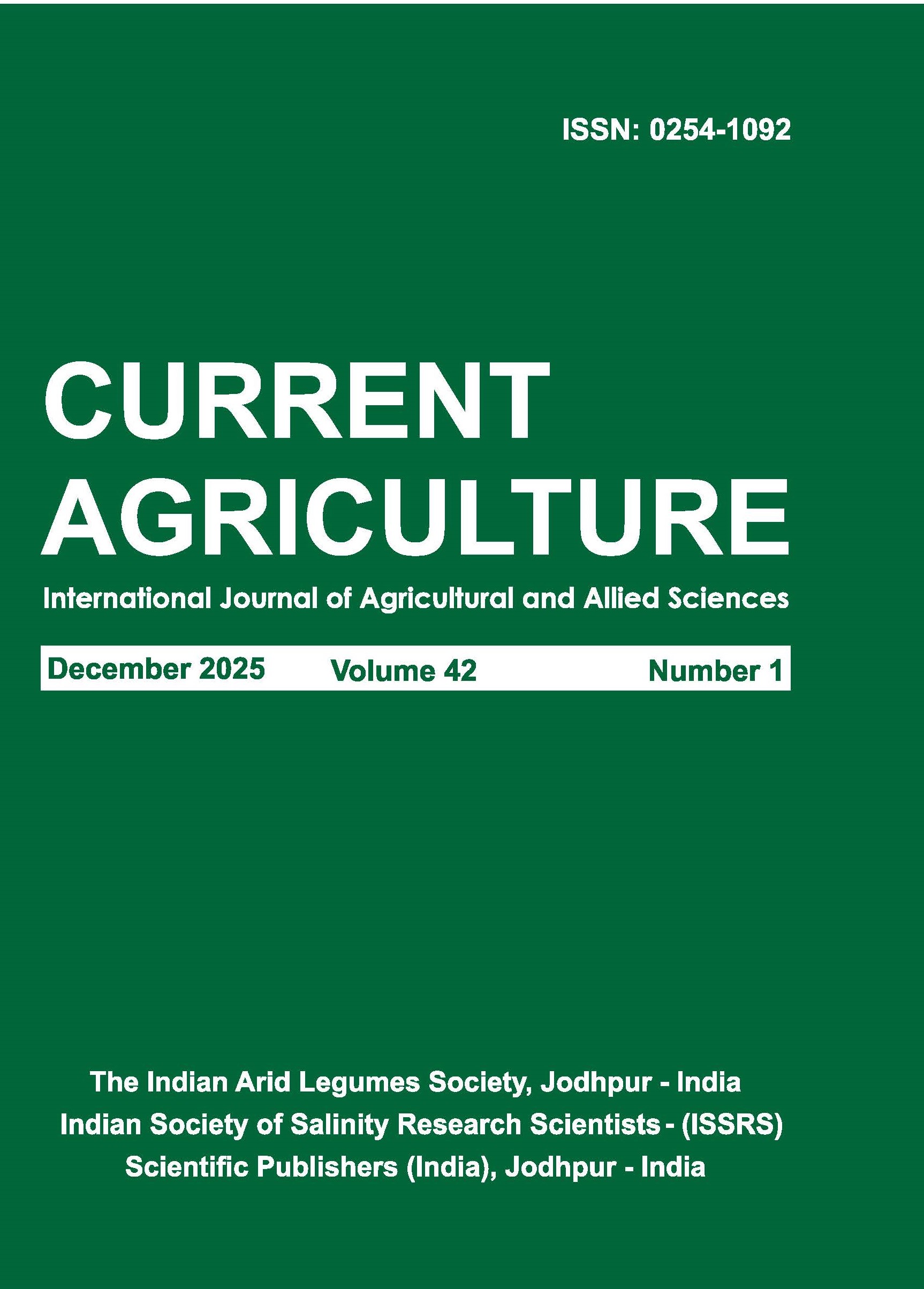The limited genetic diversity of cultivated chickpea (Cicer arietinum L.) has significantly constrained progress in achieving high genetic gains in breeding programs. Various abiotic and biotic stresses also pose major challenges to chickpea productivity worldwide. Therefore, to enhance yield and stability in future cultivars, it is imperative to identify and integrate novel gene sources into the cultivated gene pool. Hence, systematic characterization, evaluation, and utilization of targeted traits from wild Cicer species are crucial to overcoming productivity constraints and broadening the genetic base. Advances in chickpea genomics offer promise avenues for developing climate-resilient cultivars to support sustainable agriculture. This review highlights the progress in genetic improvement of chickpea through the utilization of wild species, focusing on gene pools, species distribution, and the integration of valuable traits into cultivated varieties.






